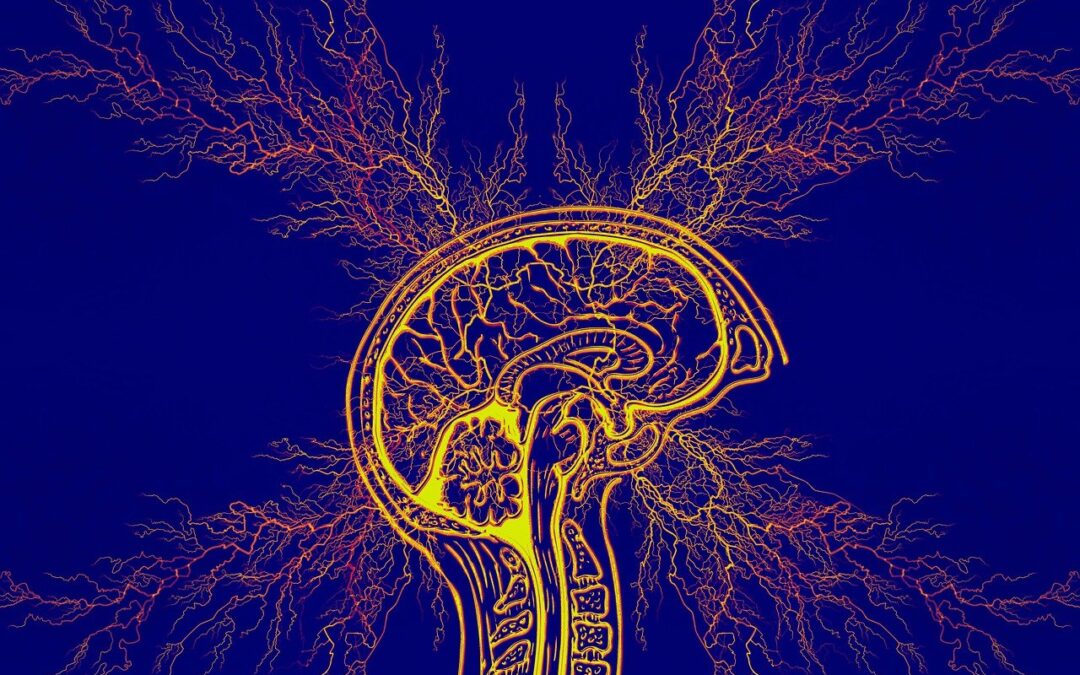Obsessive Compulsive Disorder, or OCD, is a condition where the mind repeats thoughts compulsively; and/or provides instructions for the person to follow. OCD and hypnotherapy have a positive relationship. Hypnosis calms OCD by quelling the obsessive impulse. Let’s see how.
How Hypnosis Calms OCD
The OCD instructions that a person generates are often benign actions, such as setting the digital clock to a particular number, or switching the light on and off a few times, checking door locks or similar, for fear that something terrible will happen if you don’t. When OCD is thought based, the thoughts that come are often shocking or offensive.
Finding the Cause
In hypnosis a person is calm, their body is calm and their mind is still enough to view the OCD objectively in a dissociated way, rather than being in the middle of it. It’s during this state that the therapist can explore the triggers and perhaps the original cause of the OCD. Once this is acknowledged, the therapist can explore what happened and reframe the event in the unconscious mind in order to resolve the problem.
Breaking Patterns
Then it comes down to breaking the pattern that has been set. OCD usually holds a very tight pattern or habit, having been forged with so much obsession and dedication. So reframing usually isn’t enough. While hypnosis calms OCD, neuro-linguistic programming can help the unconscious mind to break patterns in a sensory way – this is the way that the unconscious mind experiences things – feelings, visuals, sounds, tastes, smells. Once we manipulate the OCD in these ways, the unconscious mind can begin to identify that something has changed, and that the old, reliable OCD actions and/or thoughts are no longer meaningful.
If you think of OCD as the subconscious mind’s way of keeping the person safe, then it makes perfect sense that the actions are of considered by the unconscious mind as being of use, and beneficial, until they are no longer needed. So thirdly, we find alternative behaviours for the person to perform that help them feel safe, so they no longer need to do the OCD (not that it was helping anyway, but the unconscious mind didn’t know this).
Is OCD a Form of Anxiety?
My view is, yes. If we look at anxiety as representing a state of overwhelm and/or loss of control, then that’s exactly what OCD aims to correct. If a person is overwhelmed, then they feel unable to cope. OCD comers along as a coping mechanism. If a person feels out of control, say their heart is racing, their stomach is in knots and all the rest, then OCD comes along to give them control. “Check those locks, turn those lights on and off – take control!” It says.
OCD as Confirmation that You’re OK
Another interesting aspect of OCD is that it often aims to comfort the person, even though it does a terrible job of it. Say that the person has repetitive sexual thoughts that they don’t want. The thoughts shock them and they wish it would stop. Sometimes an OCD parent will have these thoughts about their child, and the parent is so repulsed that they feel completely disgusted with themselves. Yet, the thoughts keep coming back. Why?
The really interesting thing about this scenario is that most often, the subconscious mind is trying to let the person know that they’re not like that. The fact that they are so repulsed is evidence that they are in fact a good parent. It’s the subconscious mind’s way of trying to let that person know that they are ok.
OCD is just another way that the subconscious mind is trying to communicate with the person, just as with anxiety. It’s saying that there’s something important to look at here, and it needs your attention. If you experience OCD, we can help. Horizons Clinical Hypnotherapy Sunshine Coast

